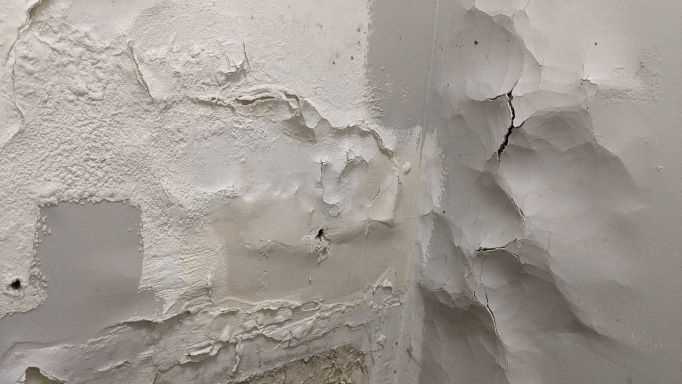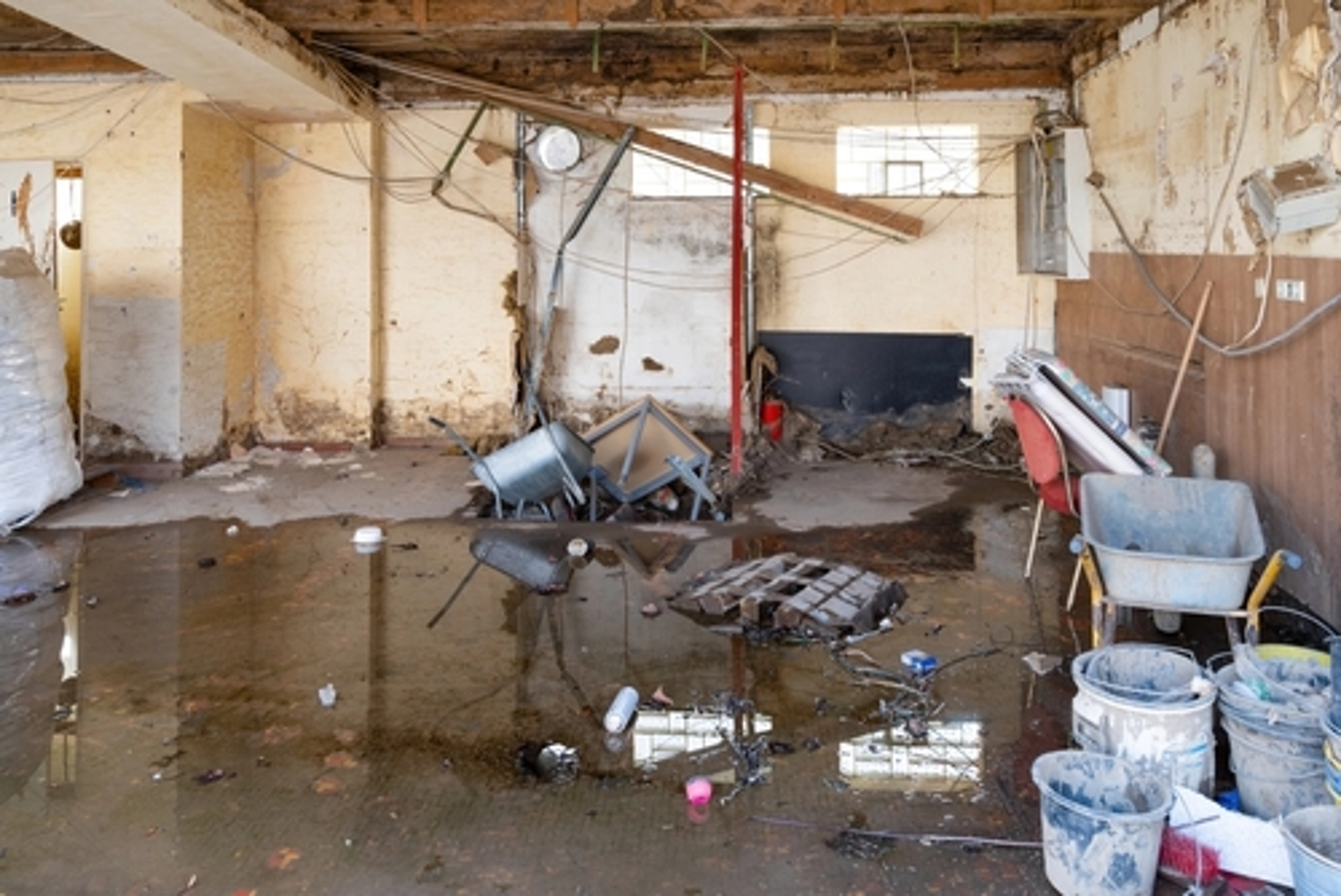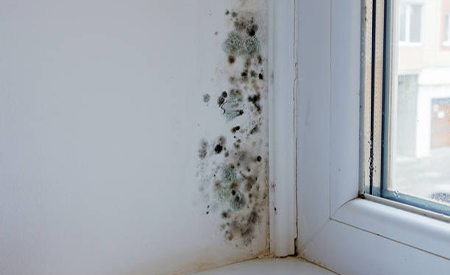24/7 Emergency Water Damage Restoration Services for Urgent Needs
24/7 Emergency Water Damage Restoration Services for Urgent Needs
Blog Article
The Process of Water Damage Clean-up: Ensuring Your Home Is Restored Effectively
Water damage can be a complicated obstacle for homeowners, requiring a thorough and organized cleanup process to bring back security and performance. At first, a thorough evaluation is crucial to determine the extent of the damage and determine the suitable removal actions. Following this, reliable water extraction methods play a critical role in mitigating further harm. Nevertheless, the subtleties of drying, sterilizing, and eventual remediation are just as crucial and frequently overlooked. Comprehending these phases can make a considerable distinction in the end result of your home's reconstruction, motivating a closer check out what each action entails.
Analyzing the Damage
Upon discovering water damages, the very first step is to thoroughly examine the level of the effect. This preliminary examination is vital, as it helps establish the essential steps for efficient clean-up and reconstruction. Begin by inspecting the impacted areas, consisting of walls, ceilings, floorings, and personal belongings, to determine the source of the water breach, whether from flooding, leaks, or condensation.
Recording the damages is important for both insurance policy claims and planning reconstruction efforts - damage restoration services. Usage pictures and composed notes to catch the seriousness of the damage, noting any type of damaged structural aspects and materials. Pay unique focus to areas that may not be right away visible, such as behind walls and under carpetings, as hidden dampness can result in additional difficulties, consisting of mold and mildew development
Additionally, evaluate the timeline of the water exposure. Inevitably, a thorough evaluation lays the foundation for a successful water damage cleaning procedure, guaranteeing that all influenced areas are attended to successfully and extensively.
Water Extraction Strategies

Professionals usually employ completely submersible pumps for larger quantities of water, which can rapidly reduce flooding in cellars or various other affected areas. For smaller quantities, wet/dry vacuums are frequently made use of to extract residual moisture from carpetings and difficult surface areas. Additionally, using mobile extractors permits targeted elimination in constrained rooms or locations with fragile materials.
In circumstances of infected water, such as sewage or floodwater, advanced removal strategies may involve making use of biohazard tools to make certain security and conformity with health and wellness policies. High-powered removal devices are critical in lessening water retention in structural materials, which can lead to mold and mildew development and structural wear and tear otherwise dealt with promptly.
Eventually, the efficiency of water removal strategies plays a critical duty in the total success of the water damages cleanup procedure, preparing for succeeding restoration initiatives.
Drying and Dehumidification
Once standing water has been properly extracted, the following important phase in the water damages cleaning procedure is drying and dehumidification. This step is vital to avoid additional damages and mold development, which can happen within 24 to 2 days in damp environments.
To accomplish reliable drying, specific devices such as industrial-grade air movers and dehumidifiers is utilized. Air movers flow air across wet surfaces, enhancing evaporation prices, while dehumidifiers minimize moisture degrees airborne, promoting a conducive environment for drying. The mix of these tools guarantees that dampness is extracted from walls, home furnishings, and floors, allowing them to dry thoroughly.
It is vital to monitor the drying process very closely. Professionals typically utilize wetness meters to analyze the wetness material in numerous products, ensuring that all affected areas get to appropriate dry skin degrees. This precise strategy aids to stop surprise dampness pockets that could lead to structural damage or unhealthy mold growth.

Cleaning and Sanitizing
After the drying and dehumidification stage is total, the next important action in water damages cleaning is cleaning up and disinfecting the affected locations. This procedure is critical to avoid the development of mold, germs, and other virus that grow in moist settings.
The cleansing stage normally includes eliminating any particles, dust, and contaminants from surface areas utilizing specialized cleansing representatives. For tough surface areas, a combination of soap and water or industrial cleansing products is commonly employed. Soft materials, such as upholstery Resources and carpetings, might call for extra comprehensive cleansing approaches, consisting of heavy steam cleaning or deep extraction methods, to guarantee thorough sanitation.

Disinfecting follows cleansing, making use of EPA-approved disinfectants to remove damaging microorganisms. This action is vital, particularly in areas that might have come into contact with floodwaters or sewage, as these sources can pose serious health threats.
Additionally, it is crucial to address any staying odors, which may require making use of odor neutralizers or advanced techniques like ozone treatment. Appropriate cleaning and sterilizing not only recover the security and hygiene of your home however also lay the groundwork for successful remediation and fixings in subsequent phases of the water damage cleaning process.
Repair and Repair Services

When the analysis is complete, restoration efforts can start. This commonly entails repairing or changing broken products, ensuring that all work abides by neighborhood building codes and standards. If drywall has been endangered, it will need to be eliminated and changed with brand-new material. Furthermore, floor covering may need comparable interest, depending upon the degree of water exposure.
It is important to engage knowledgeable repair specialists throughout this procedure, as they have the experience to manage complex repair work properly. Furthermore, they can assist reduce potential future issues, such as mold growth or structural instability, therefore ensuring a habitable and risk-free living atmosphere. Eventually, efficient repair and repair services bring back the home's stability and boost its overall value.
Conclusion
Finally, the process of water damages clean-up is critical for recovering a home to its pre-damage problem. Each stage, from analyzing the damages to carrying out effective water extraction strategies, adhered to by complete drying, disinfecting, and necessary repairs, plays a necessary role in guaranteeing safety and compliance with structure standards. Effective implementation of these actions not only minimizes immediate damage however additionally enhances the long-term stability and value of the residential or commercial property.
Water damage can be a daunting difficulty for property owners, requiring a careful and organized cleanup process to bring back safety and security and functionality. Eventually, an extensive evaluation lays the foundation for an effective water damages cleanup procedure, making certain that all impacted areas are resolved successfully and thoroughly.
Reliable water extraction techniques are essential in minimizing damage and stopping further complications following a water breach occasion.In final thought, the procedure of water damage cleanup is important for restoring a home to its pre-damage problem. Each phase, from assessing the damage to applying effective water removal techniques, adhered to by thorough drying out, sanitizing, and visit site required repair work, his explanation plays a crucial duty in making certain safety and compliance with building standards.
Report this page